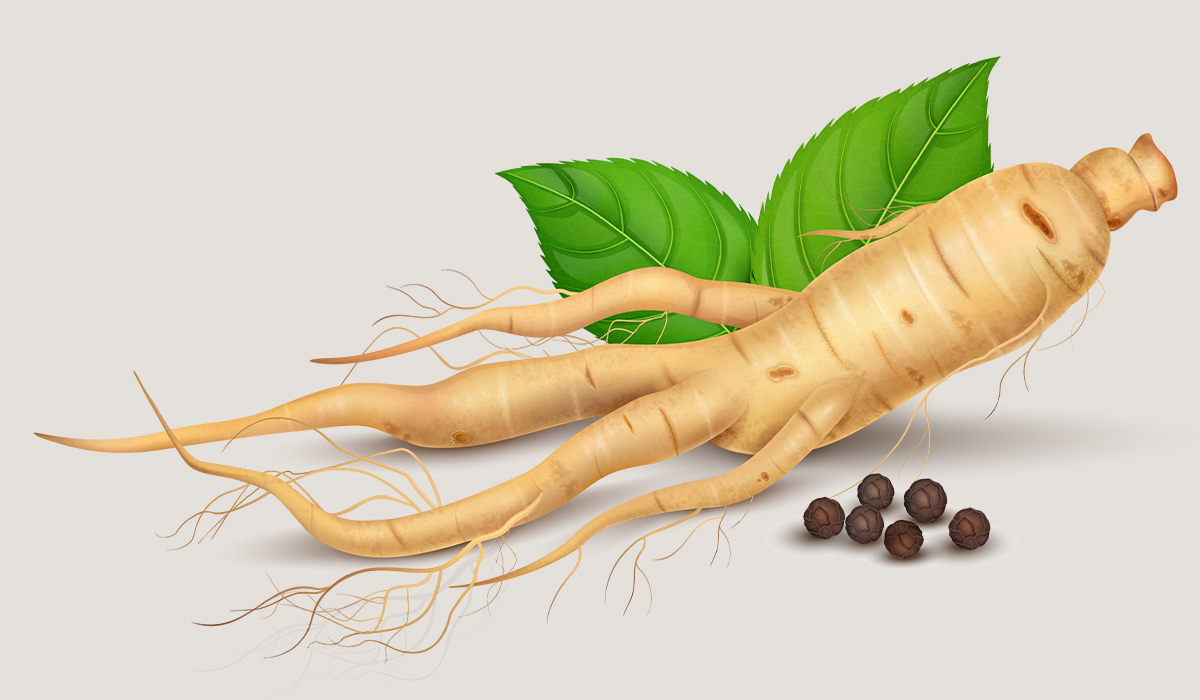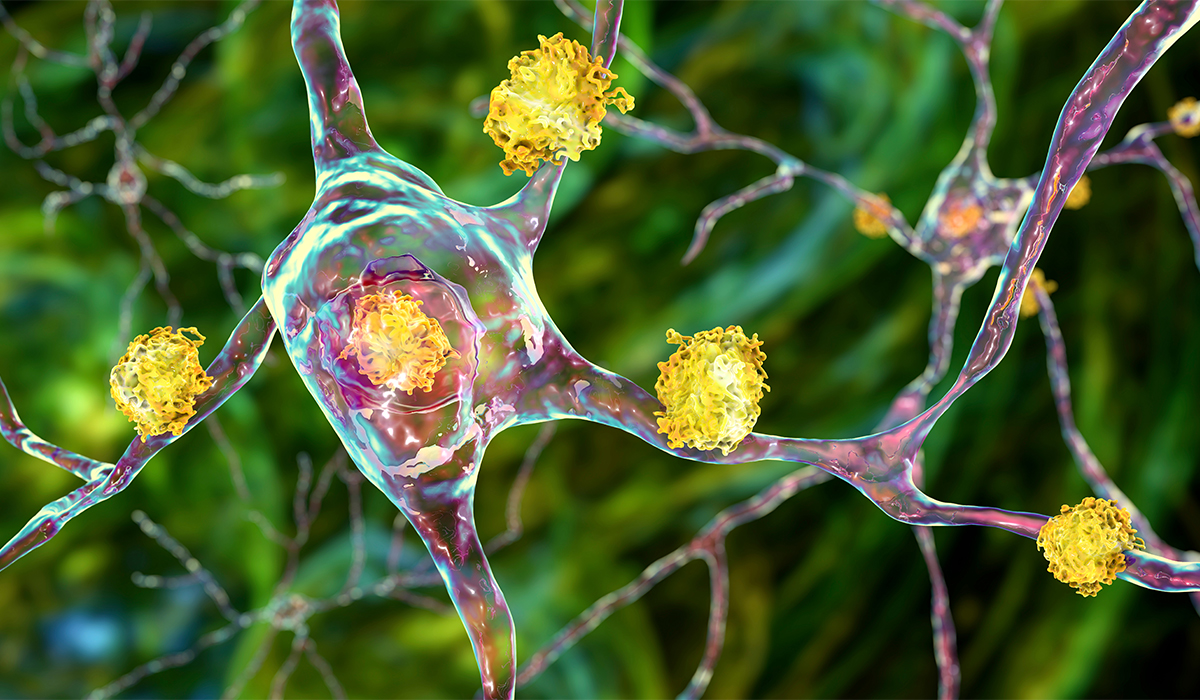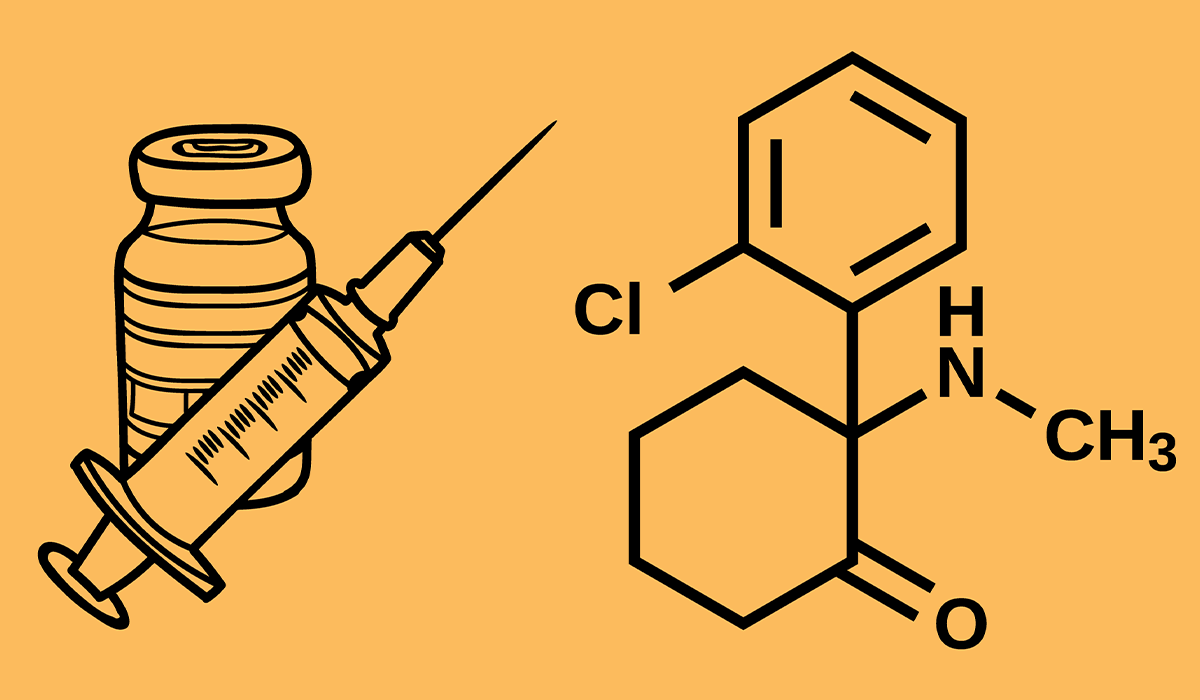Ashwagandha (Withania somnifera) is an adaptogenic herb and medicinal plant used Ayurveda for over 3000 years. Ayurveda is the ancient Indian alternative medicine system found in India and Nepal. It is one of the oldest medical systems practiced to this day.
Ashwagandha, a herb known as ‘Indian Ginseng’ and ‘Indian Winter cherry,’ is heavily revered in the Ayurvedic system and indigenous medicine. Approximately 80% of the Indian and Nepal population believe in Ayurvedic principles, including the beneficial properties of ashwagandha.
According to the Ayurvedic system, Indian Ginseng offers many health benefits, such as improving blood sugar levels, enhancing cognitive abilities, improving fertility in men, increasing muscle strength, and reducing anxiety symptoms. For this reason, there is a high demand for its roots in the Indian market, and Indians dedicate large areas of land to cultivate Ashwagandha crops.
According to the study published in the International Journal of Medicine in 2016, 100 grams of dehydrated Ashwagandha powder has 245 kcal and consists of the following minerals, vitamins, and chemical components![]() :
:
Ashwagandha plants naturally grow in India, the Middle East, and northern Africa but can be cultivated elsewhere. It can thrive in temperate climates, including the United States.
Unlike most plant species, Ashwagandha can grow in alkaline soils and survive arid conditions![]() . Its adaptogenic properties allow it to flourish in poor-quality soil and not suffer from stress caused by harsh environments.
. Its adaptogenic properties allow it to flourish in poor-quality soil and not suffer from stress caused by harsh environments.
It contains biologically active components such as alkaloids (anaferine, isopelletierine, anahygrine, cuscohygrine), saponins, and steroidal lactones (withaferins, withanolides). Anti-stress agents present in Withania somnifera include acyl steryl glucosides and Sitoindosides.

Ashwagandha studies involve research on Indian Ginseng’s legacy – the health benefits the plant is said to provide according to the Ayurvedic system of medicine – and other beneficial qualities not discovered before.
The below ten uses of Ashwagandha pills or powder are the most promising, according to science. Discover the array of advantages brought about by Ashwagandha.
Are users of Ayurveda right? Is Ashwagandha effective against anxiety? Several studies have tackled this question.
Anti-anxiety and calming properties of Ashwagandha are the most often discussed and confronted with facts. As an adaptogen, it may reduce anxiety symptoms and help cope with increased stress levels more effectively.
The study![]() which investigated the anti-anxiety and antidepressant effects of the plant in humans was conducted in 2019. In a 60-day study involving stressed adults, researchers found that taking 240 mg of Ashwagandha extract once per day decreases stress levels which were measured with Hamilton Anxiety Rating Scale (HAM-A), Depression, Anxiety, and Stress Scale -21 (DASS-21). Moreover, participants who took the Ashwagandha also experienced reduced cortisol levels in the morning.
which investigated the anti-anxiety and antidepressant effects of the plant in humans was conducted in 2019. In a 60-day study involving stressed adults, researchers found that taking 240 mg of Ashwagandha extract once per day decreases stress levels which were measured with Hamilton Anxiety Rating Scale (HAM-A), Depression, Anxiety, and Stress Scale -21 (DASS-21). Moreover, participants who took the Ashwagandha also experienced reduced cortisol levels in the morning.
Another small study![]() conducted the same year yielded similar results. Fifty-eight adults who took 250 or 600 mg of Ashwagandha extract had reduced stress levels compared to the placebo group.
conducted the same year yielded similar results. Fifty-eight adults who took 250 or 600 mg of Ashwagandha extract had reduced stress levels compared to the placebo group.
Despite the promising results of the above studies, there are some uncertainties, such as the proper dosage and form of Ashwagandha. More research on humans is needed to give Ashwagandha a status of reliable home remedy for treating anxiety and depression.
The same study which found that Ashwagandha extract reduces stress levels in humans also discovered that it improves sleep quality. Participants who received the extract experienced notable improvement in sleep quality compared to those who didn’t take Ashwagandha.
Decreased stress levels caused by Ashwagadnga intake may play a significant role in getting better sleep and help with insomnia. However, more research on this specific problem is needed to confirm whether Ashwagandha is a valid home remedy alternative for sleep problems.
According to some studies, Ashwagandha may boost fertility in men.
In one study involving 43 overweight men experiencing mild fatigue, the intake of Ashwagandha extract tablets resulted in an increase of DHEA-S by 18%. DHEA-S is a sex hormone that takes part in testosterone production. Participants who took Ashwagandha tablets also had higher testosterone levels (an increase of 14,7%) than those who took placebo tablets.
Other studies have also found that Ashwagandha extract may increase semen volume, sperm concentration, and sperm motility.
More high-quality studies are required to confirm if Ashwagandha can be recommended to males with low sperm count.
Ashwagandha can also improve cognitive functions, including memory, attention span, reaction time, information-processing speed, and overall cognitive performance.
According to several clinical studies, adults with schizophrenia and mild cognitive impairment may benefit from Ashwagandha intake.
Another study that followed 50 adults for eight weeks also brought promising results. Participants who took 600 mg of Ashwagandha extract a day improved their immediate and general memory, attention span, and speed of processing information.
According to researchers, some of the Ashwagandha chemical compounds have antioxidant effects on the brain, which is probably responsible for human cognitive improvement.

In Ayurveda, Ashwagandha is described as a nervine tonic. Ayurvedic drinks, which consist of Ashwagandha, are used to improve the immunity of their users and reduce symptoms of certain mental conditions.
One study conducted on rats found that Ashwagandha may prevent neuronal injury occurring during Parkinson’s disease.
Moreover, many studies suggest that Ashwagandha can be a helpful remedy for treating Alzheimer, Huntington, and Parkinson’s disease. It can help patients with neurodegenerative conditions, no matter the stage of the illness. Ashwagandha has been observed to:
In addition to neurodegenerative conditions, Ashwagandha may also benefit patients suffering from depression disorder. In a 2012 study, participants who took a 600 mg dose of Ashwagandha extract per day for over eight weeks had their depression symptoms reduced by 55% compared to 5% of the placebo group.
Discuss your symptoms with a health professional before taking home remedies if you have a mental illness or brain disorder. You can ask your doctor if you can add Ashwagandha supplements to your treatment plan.
In addition to cognitive abilities, Ashwagandha may also boost physical performance, including strength and size of muscles.
In one study from 2015, consumption of the Ashwagandha supplements was associated with greater muscle mass![]() and power.
and power.
Another study observed that supplementation of the herb contributes to lower body fat percentage, reduced cholesterol levels, and increased muscle strength.
Certain Ashwagandha compounds are said to help reduce inflammation in the body.
There is evidence that they may reduce inflammatory proteins in animals and markers in humans.
One of the most promising data was obtained in a 2021 study involving Covid-19 patients![]() who underwent an ayurvedic treatment regime. Participants who took an Ashwagandha drug twice per day for a week had reduced inflammatory markers (CRP, IL-6, and TNF-α) compared to the placebo group.
who underwent an ayurvedic treatment regime. Participants who took an Ashwagandha drug twice per day for a week had reduced inflammatory markers (CRP, IL-6, and TNF-α) compared to the placebo group.
There needs to be more scientific data to tell if Ashwaganda's anti-inflammatory properties are significant or modest. More research focused on this potential effect is required.
According to some studies, drugs or supplements containing Withania somnifera may aid people who suffer from high blood sugar levels or type 2 diabetes.
Several small studies found that Ashwagandha reduces triglycerides (main components of body fat), blood glucose levels, hemoglobin A1c (HbA1c), insulin, and oxidative stress markers.
Withaferin A (WA), a compound found in Ashwagandha, is believed to have antidiabetic properties, thanks to which the herb can eliminate glucose from the bloodstream.
Unfortunately, studies on this Ashwagandha property are limited and require more data.
Recommended doses of Ashwagandha differ depending on the form of the supplement. Products containing this herb are available as gummies, pills, powder, tinctures, and tea bags. It’s best to consume the supplement according to the producer’s recommendations found on the product’s packaging.
Usually, the recommended dose is at most 500 mg per serving. Many studies involved 150 – 600 mg of Ashwagandha per serving, which is considered a safe amount for adults.

Based on the results of various short-term studies, Ashwagandha is safe to use as a dietary supplement for up to a 3-month period![]() . The long-term effects of Ashwagandha intake are unknown and require more extended studies to confirm its safety.
. The long-term effects of Ashwagandha intake are unknown and require more extended studies to confirm its safety.
Some people who consumed large amounts of Ashwagandha products reported the following side effects:
The above health issues shouldn’t occur in healthy adults consuming no more than 500 mg of the Ashwagandha product per serving. However, not everyone can safely consume Ashwagandha. People who should consider avoiding it include:
Ashwagandha may also not interact well with certain medications. Those include:
If any of the above applies to you, ask your doctor for advice before adding any supplements to your diet.
Some people may experience side effects despite being healthy and taking recommended amounts. If this happens to you, consider decreasing your daily dose of Ashwagandha or discontinue its use.
If you want to buy an Ashwagandha product, try looking for reliable brands with many positive reviews. The National Center for Complementary and Integrative Health has found that some Ashwagandha products contain unsafe lead, arsenic, and mercury levels. As a precaution, it’s best if you avoid low-quality brands and look for products made in FDA-approved facilities.
Table of Contents

Anxiety is an an emotional state characterized by a sense of insecurity and undefined discomfort. Check out, what are its… read more »

Ginseng is a plant that has been used in Chinese medicine for thousands of years. Today, the plant is still… read more »

Anxiety is characterized by persistent worry and fear that are more intense that they would normally be. What are its… read more »

Psychotherapy, is a treatment method used to help individuals with a wide range of mental health conditions and emotional challenges. read more »

Echinacea is a plant with beautiful flowers and many health benefits. Learn about the properties of coneflowers products and safety… read more »

Huntington's disease is genetically determined. No effective cure has yet been developed, but research into modern treatments is ongoing. Learn… read more »

Vitamin D is a fat-soluble nutrient the human body needs to maintain health and functionality. It is both a vitamin… read more »

Turmeric is a plant that has many health benefits thanks to its curcumin content. Find out how to use turmeric… read more »

Ketamine is a drug used for anaesthesia or treatment of various conditions. However, the substance can pose risks. Find out… read more »